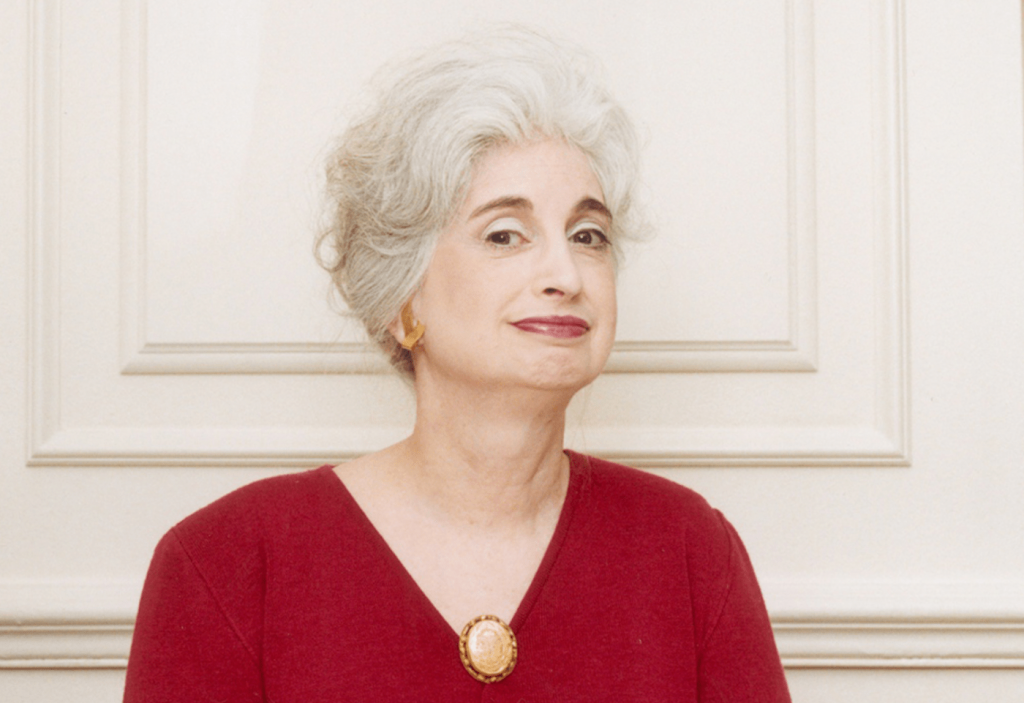DEAR MISS MANNERS: I was at a friend’s for dinner. There were seven of us all together, and the host and hostess are quite formal.
Related Articles
Miss Manners: What if a guest refuses to use the tableware you’ve put out?
Miss Manners: She said I was an awful host because of the breakfast bungle. Was I?
Miss Manners: I was embarrassed to say why I couldn’t join their posh trip
Miss Manners: I end up yelling into the ether after Pilates. Is that appropriate?
Miss Manners: The audience started chanting at the man who hijacked the microphone
A little background to set the mood: We sat outside by the pool, and the table was set with starched linens, lovely china, crystal and sterling silver flatware, along with beautiful candles and fresh flowers. Each course was served individually, as was dessert.
One of the guests did not eat anything on their dessert plate. Should they have told the hostess that they did not wish to partake, or accept the plate and just let the food sit uneaten?
It bothered me, knowing the hostess spent a good deal of time preparing all the food herself — and the fact that the delicious key lime pie, fresh whipped cream and homemade chocolate truffles were all wasted.
GENTLE READER: Trust Miss Manners, the untouched pie and truffles did not go to waste. Whoever did the dishes had a nice midnight snack in the kitchen after the guests left.
Yes, the guest who wanted to skip it could have said so, along with a gracious comment about how good it looked.
But your reaction is exactly the reason why this would be risky. Those sympathizing with the hostess, as you did, or even the hostess herself, might have set up a bullying chorus of “Just this once,” “She went to a lot of trouble to make this,” and “Oh, go ahead, a little won’t hurt you.”
The solution to this non-problem is to enjoy your own dessert and stop monitoring what other people eat or do not eat.
DEAR MISS MANNERS: What is the appropriate way to refer to my brother’s long-term significant other?
“My sister-in-law” wouldn’t be correct, since they are not legally married and will likely never be.
“Girlfriend” seems too casual to correctly reflect the depth and seriousness of their relationship (they have been together over a decade, and we hope they will be together forever).
“Partner” has often been construed to mean same-sex relationships and leads to awkward assumptions and incorrect pronoun use by others.
“My brother’s significant other” makes for an awkward mouthful in the middle of whatever story it is I am telling.
I have been using “his girlfriend” all these years, but we’re on the wrong side of 50 now, and with each passing year, that term seems more and more flippant.
GENTLE READER: “Para-spouse”? No, not really.
Miss Manners remembers when this first became an issue — because people stopped using derogatory labels, especially for women in such relationships.
Related Articles
Dear Abby: Did I deserve to be shamed over my 18% tip?
Ask Amy: She’s rubbing my nose in the wedding snub
Dear Abby: I’m looking for a husband, and it’s frightening what I’ve been finding
Ask Amy: We had talked about marriage, and then he sprung this on me
Harriette Cole: Now that she has a lot of money, she sees us differently
That is when “significant other” began to be used. Much too treacly for everyday use.
Eventually, society settled on “partner,” which is not ideal, either. It is confusing not because it describes the same sort of relationships, whether straight or gay, but rather because it also has a business usage. As in, “Our daughter just made partner.”
Never mind. “Partner” is now common usage, so that is what you should say if you want to be understood.
Please send your questions to Miss Manners at her website, www.missmanners.com; to her email, [email protected]; or through postal mail to Miss Manners, Andrews McMeel Syndication, 1130 Walnut St., Kansas City, MO 64106.


